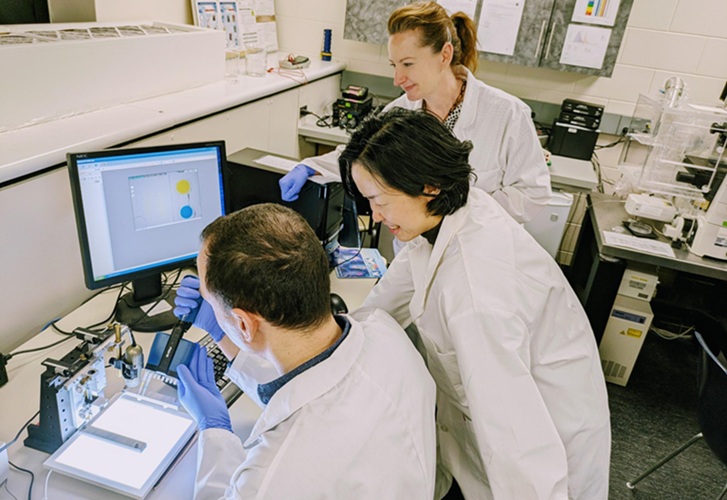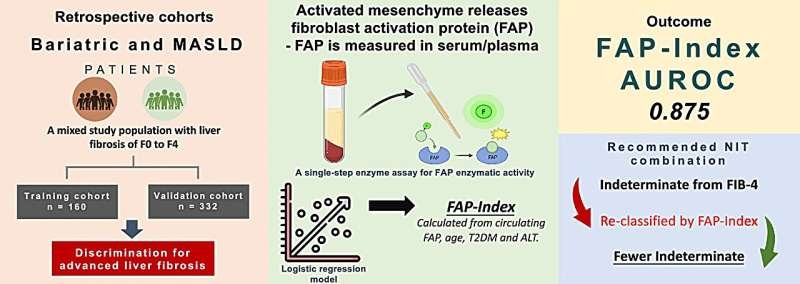Low-Cost Portable Screening Test to Transform Kidney Disease Detection
Posted on 17 Apr 2025
Millions of individuals suffer from kidney disease, which often remains undiagnosed until it has reached a critical stage. This silent epidemic not only diminishes the quality of life for those affected but also imposes significant financial strain on healthcare systems due to the costs associated with dialysis and organ transplants. However, early diagnosis can significantly alter a patient’s course of treatment, offering better options and potentially halting or slowing the progression of the disease. The challenge lies in the fact that current kidney function tests typically require visits to a laboratory, expensive equipment, skilled personnel, and several days to obtain results. These requirements make routine screenings difficult, particularly for those in rural and Indigenous communities. Now, researchers have created an innovative tool that could revolutionize how kidney disease is diagnosed, especially in underserved areas.
A team of researchers from the University of Manitoba (Winnipeg, Canada) has developed a device known as the uCR-Chip, a low-cost, portable diagnostic tool designed to make kidney function testing faster, more convenient, and widely accessible. The results are available in less than seven minutes, and the test does not require specialized laboratory equipment. Their research, published in Microsystems & Nanoengineering, showcases how this device could play a crucial role in enhancing early detection and improving outcomes for individuals living with chronic kidney disease (CKD). The uCR-Chip addresses the challenges of current testing methods by utilizing a color-based chemical reaction to measure creatinine, a key biomarker of kidney health, from a small urine sample. Since it does not require advanced lab equipment, it can be used directly in health clinics or mobile healthcare settings.

The uCR-Chip has the potential to relieve pressure on healthcare systems by identifying kidney issues at earlier stages, thereby reducing the number of patients who progress to more advanced stages of disease. This could lead to fewer patients requiring costly treatments such as dialysis or transplants, allowing for more effective management with early interventions. In many rural, remote, and Indigenous communities, where access to advanced diagnostic equipment is limited, the uCR-Chip offers a portable, cost-effective alternative that could greatly improve access to vital testing. As healthcare systems worldwide seek affordable solutions to manage chronic diseases, innovations like the uCR-Chip offer not just hope, but tangible solutions that bring life-saving diagnostics to those who need them most.
“Traditional lab test can take days and may delay diagnosis,” said Dr. Francis Lin who led the research team. “Our new test method will lead to faster, more accessible and reliable diagnostic results to prevent irreversible kidney damage.”
Related Links:
University of Manitoba








 Analyzer.jpg)





